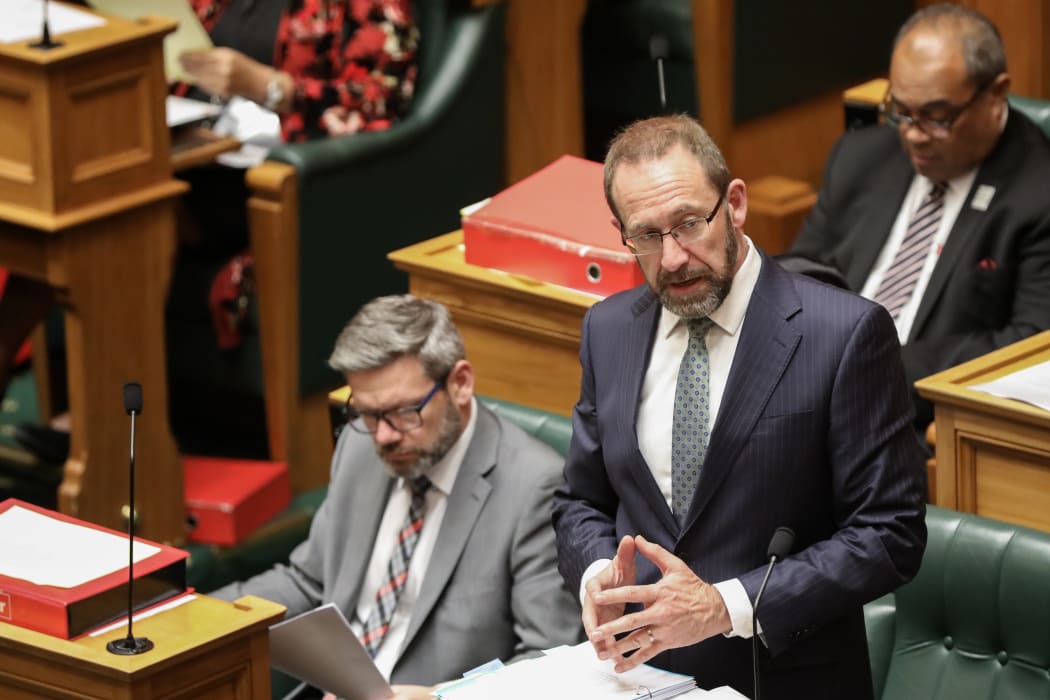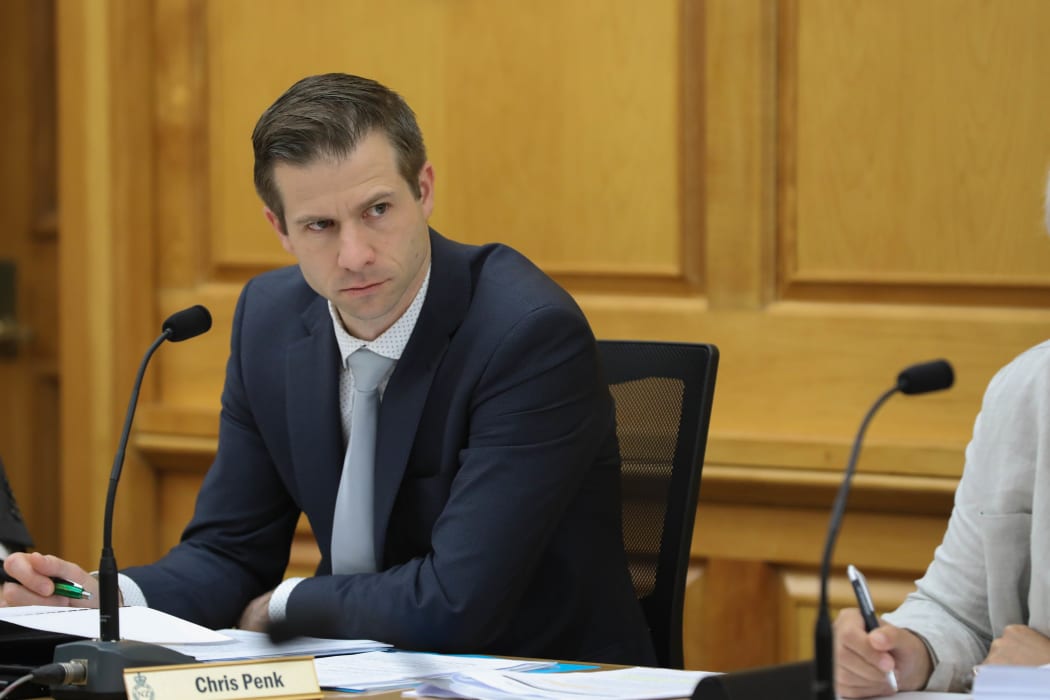The Criminal Cases Review Commission Bill has passed a first reading. First readings are the initial look at a bill - a first kick of the tyres to see if it’s worth the effort. Apparently this one is. So now it has been sent for consideration by the Justice Committee who will ask for public advice on how to improve it.
During that initial debate the Minister of Justice, Andrew Little, outlined the status quo he aims to change.

Minister of Justice, Andrew Little Photo: VNP / Phil Smith
“Currently, a person who believes they've suffered a miscarriage of justice may apply to the Governor-General for the exercise of the royal prerogative of mercy. By convention, the Governor-General acts on the formal advice of the Minister of Justice. Work on the prerogative of mercy applications is undertaken by lawyers in the Ministry of Justice's office of legal counsel, and assistance is sought, where required, from an independent adviser such as Queen's Counsel or a retired judge.”
He said that this system had, in many ways, served us well, but that “for some time, experts and members of the wider public have had concerns about our systems for identifying and remedying miscarriages of justice. The concerns expressed have principally related to the independence, timeliness, quality, and fairness of investigations into miscarriages of justice under the status quo.”
Also the current system seems to attract few appeals from New Zealand’s huge prison populations of Maori and Pasifika.
The idea is to replace all that with a new, independent body that reviews convictions and sentences, investigates cases and if it feels they need a second look sends them to the Court of Appeal.
This removes the Minister from the equation, making it less political, but it goes further than that. The Commission will have its own investigators, putting less onus on appellants (the person applying) to do all their own leg-work.
It will also have the ability to review whole classes of cases or sentences, if it feels that something may be amiss.
The royal prerogative of mercy isn’t eliminated by the bill, which recognises that the Governor-General will continue to have the power to grant a free pardon. But the bill allows the Minister of Justice, as the Governor-General's adviser, to request the commission's opinion on any matter relevant to a case.
For National Chris Penk was lead speaker, and said that correcting miscarriages was a "laudable" aim there are some issues with this approach.

National MP Chris Penk listening to evidence in Select Committee Photo: VNP / Phil Smith
“On this side of the House we have some concerns with the relationship of the respective branches of Government… and the way that those interact and how those would be affected by the operation of this bill if it is passed into law.”
National MPs worried that there would be a sudden glut of applicants, large costs, and the slowing of process. They also raised the issue of where victims fit into the process.
Speaking for the Greens Golriz Ghahraman raised a Court of Appeal ruling regarding cuts to legal aid under the previous administration, and revisited the victims question.
“So when you think about ‘are we thinking about the victims?’—unfairly tried, wrongfully convicted accused persons are the victims, and we owe it to them to rectify that.”
The Justice Committee will ask for public submissions on this bill before they consider it.


